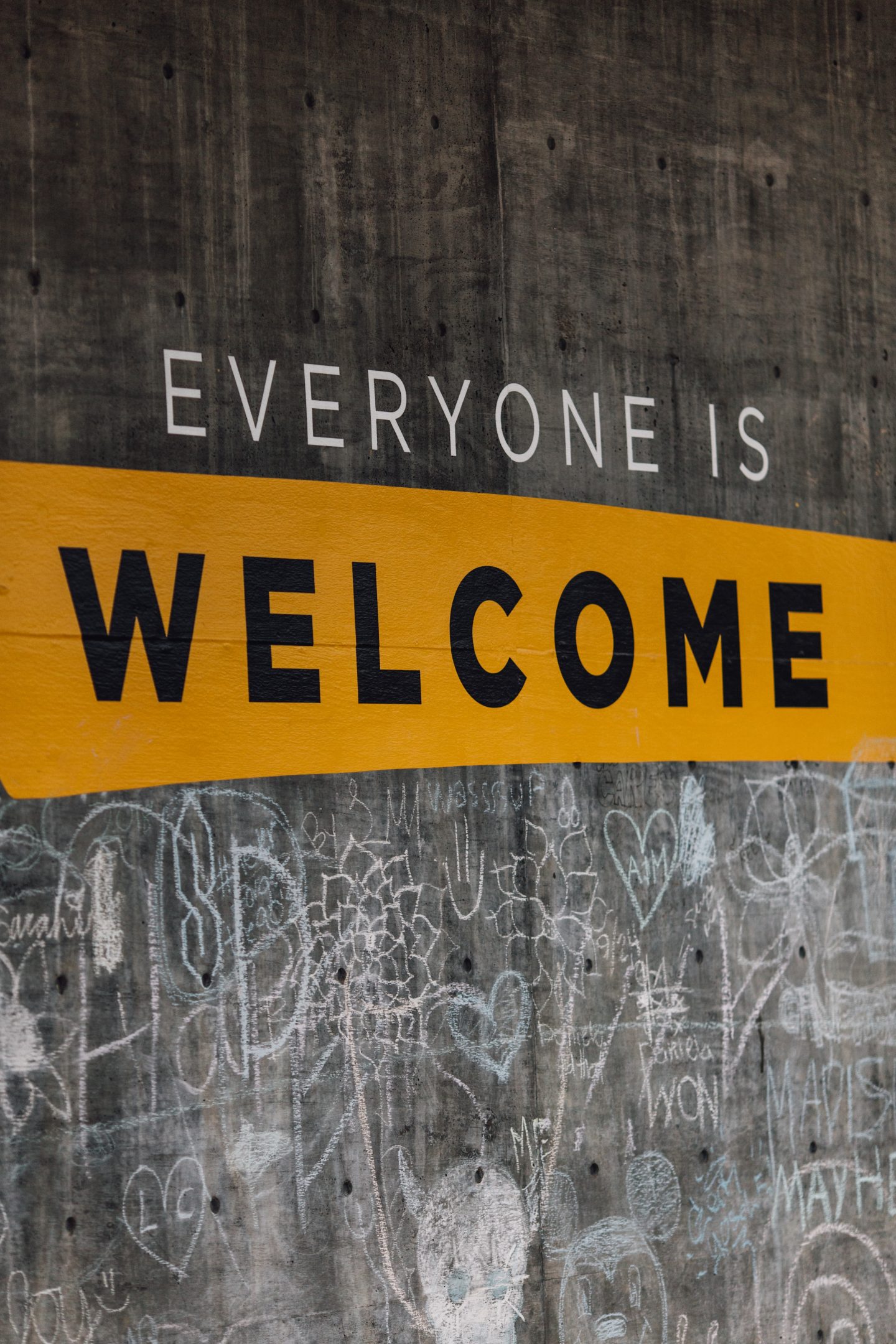When we set up Refugee Learning Stories, Gabi and I were hoping that contributors would help us to answer some questions that we have been exploring about education and displaced communities. In an effort to make our process more transparent, we are sharing those questions. If you are considering sharing a post about your practice but haven’t yet, they might inspire you to write. You can address any of the questions individually, or as many as apply to your context. If you prefer not to write, we are happy to chat to you and write up the conversation, as Gabi did with Lisa Norman of Refugee Action.
Refugee Learning Stories is also an attempt to be more open and participatory. We consider your contributions to be co-producing our research and will happily cite you (with your permission) in any paper we publish. You don’t have to be a researcher, though researchers are also welcome to write a post about their research. We are keen to hear from teachers and informal educators, refugees and other displaced learners, and organisations that support them to give us an insight into the questions below.
What are the roles and purposes of education in displaced communities? We are interested in hearing about what motivates you / your learners to engage in learning.
What challenges, barriers or unintended consequences have been noted in relation to displaced people, digital technologies and education? There is substantial literature on the barriers encountered by displaced learners. We are interested in exploring those that affect some learners disproportionately, for example because of their gender, or the unexpected outcomes of engaging with digital technology.
What is the relationship between engagement in mobile learning and perceptions of well-being for displaced people? We would particularly like to hear from displaced learners about the impact of learning on their well-being.
How do the spaces (both physical and digital) in which displaced people learn influence the learners’ experience? Digital and mobile technology can be used entirely online or in a blend of online and face to face contexts. We’d like to hear about your context and how the spaces people learn in affect their experience.
What models of support or collaboration for mobile, blended or online learning are being provided for displaced people, by what kinds of organisational entities?
We are particularly interested in identifying case studies of emerging models that create a ‘third space‘ that challenges hegemonic power relationships between learners and educators, and ensures displaced learners have agency – “transforming educational spaces to be empowering of students who are culturally marginalised and economically disenfranchised” (Bradshaw, 2017).
We haven’t found many examples so far, as online and mobile learning can too often replicate the power structures of traditional education, yet the affordance of mobile technology has the potential to be transformative for refugees and other displaced learners. Agnes Kukulska-Hulme has explored how mobile learning can support their language learning, continuing education and social inclusion.
Gabi and I will be using material from Refugee Learning Stories to illustrate a paper we are writing for publication. If you share your story of online and mobile learning “third spaces” and we choose to feature it as a case study, we will list you as a co-author. Even if you feel your stories reflect more traditional approaches to learning and teaching, we would still like to hear from you – your insights can help us to answer some of the other questions above.
Contact us:
Gill – gill.ryan@open.ac.uk @Gill_ie
Gabi – g.witthaus@lancaster.ac.uk @twitthaus
Bradshaw, A. C. (2017). Critical pedagogy and educational technology. in Benson, A. D., Joseph, R. and Moore, J. L. (eds) Culture, Learning and Technology: Research and Practice, New York, Routledge, pp. 8–27.

